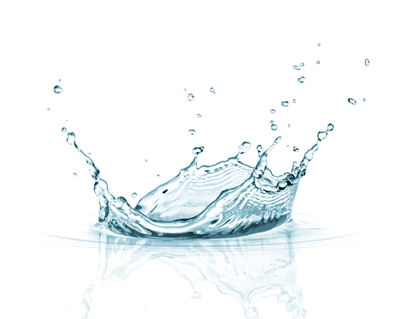Do you work in a water analysis lab? Do you, or are you looking to, use IC-MS? If so, this article is a must read...
 Municipal drinking water and waste water facilities all around the world need to analyse water for a wide range of regulated contaminants, many of which happen to be polar, such as inorganic anions and cations. Traditionally, these contaminants have been analysed using ion chromatography with conductivity detection. The requirements for lower reporting levels mean that water testing laboratories need more selective and sensitive analysis techniques, such as ion chromatography-mass spectrometry (IC-MS).
Municipal drinking water and waste water facilities all around the world need to analyse water for a wide range of regulated contaminants, many of which happen to be polar, such as inorganic anions and cations. Traditionally, these contaminants have been analysed using ion chromatography with conductivity detection. The requirements for lower reporting levels mean that water testing laboratories need more selective and sensitive analysis techniques, such as ion chromatography-mass spectrometry (IC-MS).
Separation Science, in collaboration with Thermo Fisher Scientific, is offering a free-access presentation that will look at several water analysis methods routinely performed by drinking and wastewater facilities, from common anion and perchlorate determinations, to the analysis of disinfection byproducts, such as haloacetic acids (HAAs), bromate, and ionic pesticides. Depending on throughput needs, and contaminant type, the talk will discuss recommendations for the best type of IC-MS for each application: from a single-quadrupole IC-MS dedicated to the analysis of perchlorate, to more selective triple-quadrupole IC-MS/MS. Method aggregation and consolidation will be shown to easily offset the higher initial purchasing cost of the more selective and sensitive instruments.
 Alexander Semyonov, who leads product management for ion chromatography-mass spectrometry systems at Thermo Fisher Scientific, will give the presentation on both 20 & 21 September at times convenient for users around the world (see below for details). His expert insights into IC-MS will provide answers to such questions as:
Alexander Semyonov, who leads product management for ion chromatography-mass spectrometry systems at Thermo Fisher Scientific, will give the presentation on both 20 & 21 September at times convenient for users around the world (see below for details). His expert insights into IC-MS will provide answers to such questions as:
- How do I select an instrument based on the analyses my lab performs?
- How do I save time and money through method aggregation and consolidation?
- How do I reduce the cost-per-sample and reduce tedious sample prep with modern IC-MS instrumentation?

Don't miss out on this educational event...



